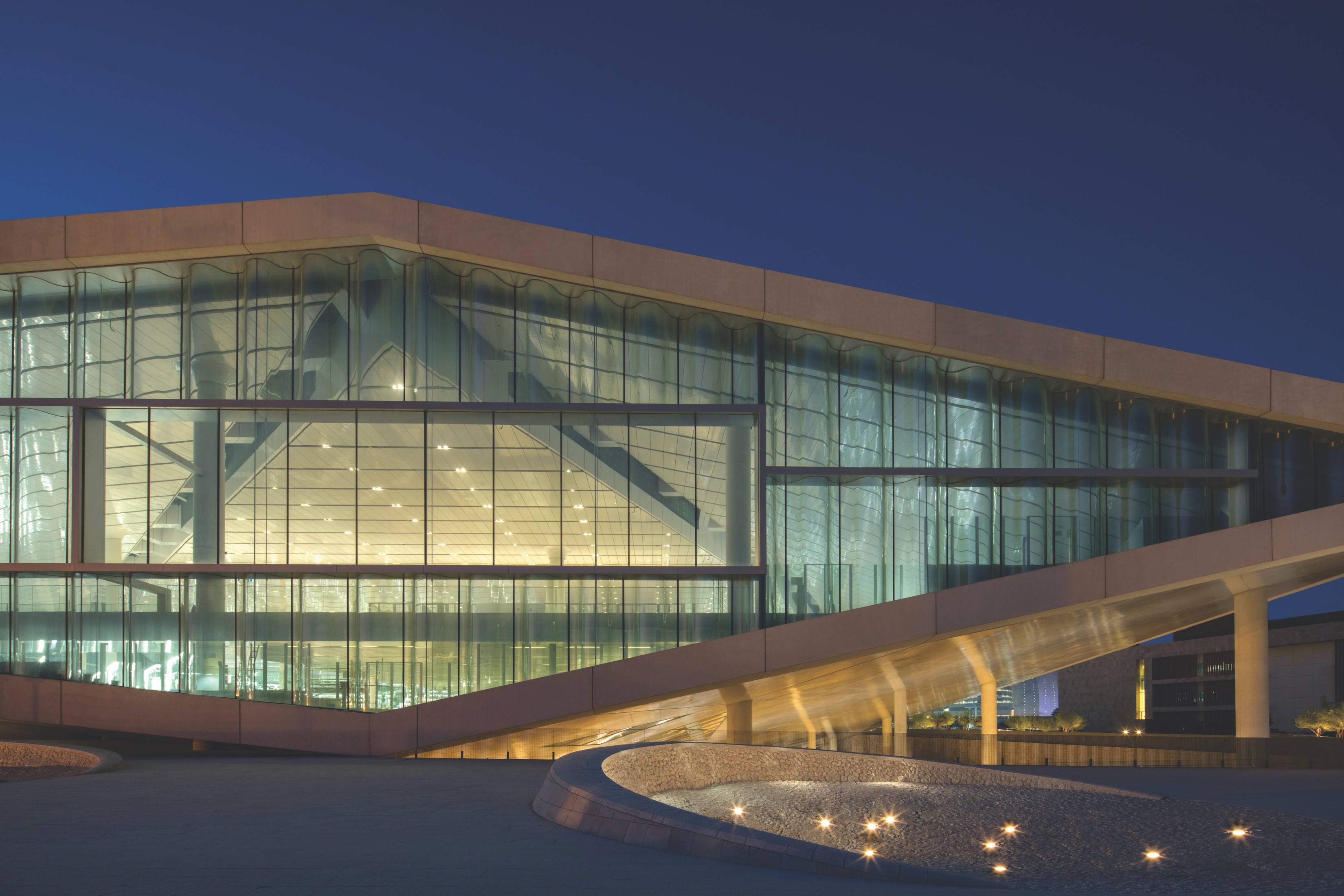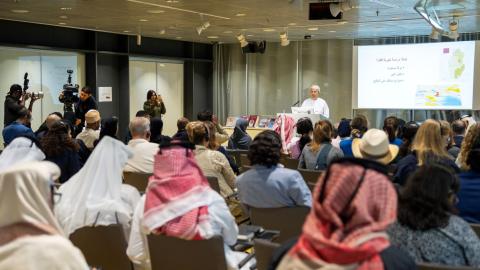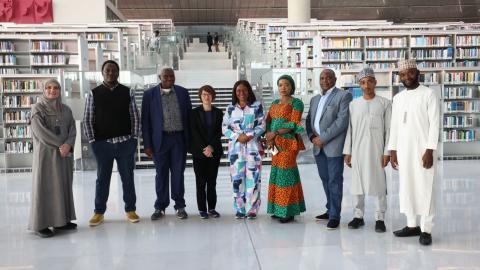
Qatar National Library, in collaboration with Studio 5/6, an initiative of the Ministry of Transport and Communications, hosted Spring Camp, a series of 10 technology-related workshops, between 14 and 18 March 2021. The “Coding The Future” series included a variety of workshops that helped young adults ages 11 to 18 discover a variety of new technology skills and digital fabrication tools in an enjoyable and fun environment.
The online series began on 14 March with a session on artificial intelligence (AI) and virtual robots. Attendees ages 11 to 14 were introduced to the basics of robotics, digital robotics and programming, and the relationship between robotics and AI. Participants also had the opportunity to apply AI technology on a robot using special software. Simultaneously, there was another session on machine learning for participants ages 15 to 18. This session discussed the basics of machine learning and helped attendees implement the concept by creating their own app through image classification using a web-based interface.
On 15 March, young adults from 11 to 14 learned to build a virtual library and create futuristic spaces with advanced shapes in CoSpaces. This “Build a Virtual Library” session helped participants explore and walk through the spaces they created with the help of virtual reality software. In a parallel session, attendees ages 15 to 18 learned about virtual reality by using software and their imagination to create their own digital Education City. They uploaded and controlled characters inside the city and changed their properties to match reality.
The third day of the Spring Camp introduced participants ages 11 to 14 years to circuits, microcontrollers, how they work, and how one can differentiate between MCUs (microcontrollers) and MPUs (microprocessors). They were also introduced to coding and were taken through the steps to code a Micro Bit board to make a wearable compass. At the same time, participants from 15 to 18 were introduced to the same aspects of coding, using an Adafruit board to make a wearable cycling signal.
Day 4 was an exciting day, with attendees ages 11 to 14 years using a digital sports race to code an arcade console to develop a racing game. During the “Digital Racing” workshop, they also learned about the technological equipment that is used for the sport. During a parallel session, “Create Java Patterns,” young adults from 15 to 18 gathered information on patterns in the field of fashion. Building on that knowledge and new Java concepts, they created their own patterns.
The last day of the week saw the younger group learn about 3D modeling and Tinkercad, a free, easy-to-use app for 3D design, electronics and coding. They had the opportunity to design, create and customize 3D sports equipment that could be fabricated with a 3D printer. During a similar session for the older group, participants learned about reverse-engineering technology and implemented it by scanning an object with the 3D scanner app. They then fabricated it using a 3D printer.
The Library will continue to offer learning opportunities in tech and other areas for young adults in the coming months. To stay updated, please visit the Events page on the Library’s website www.qnl.qa/events.







